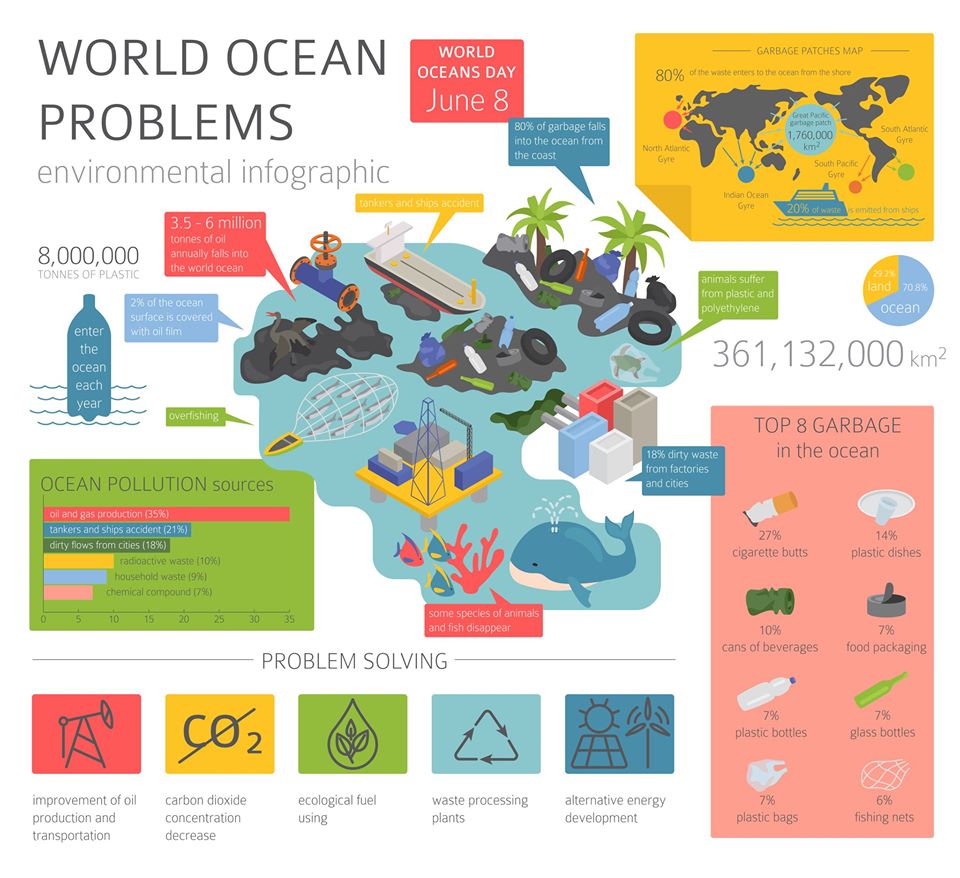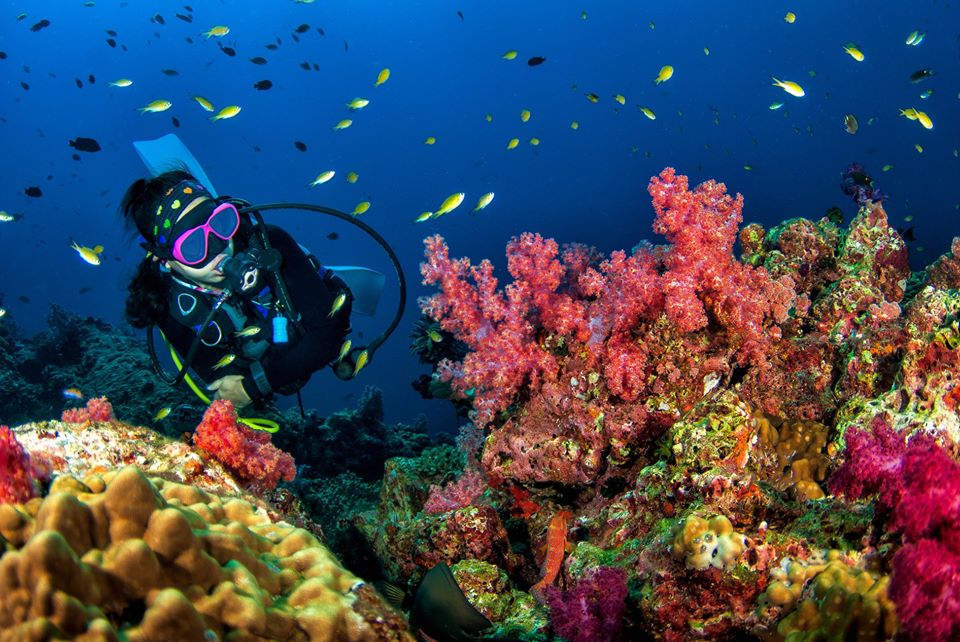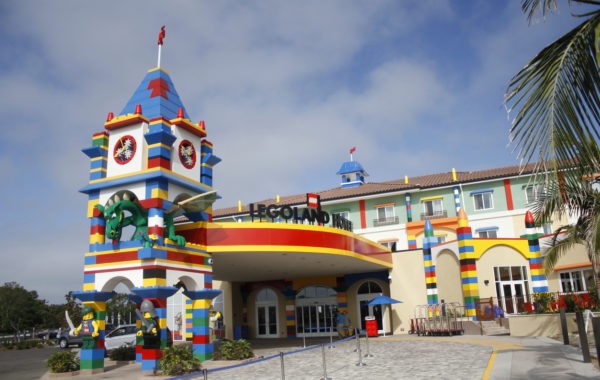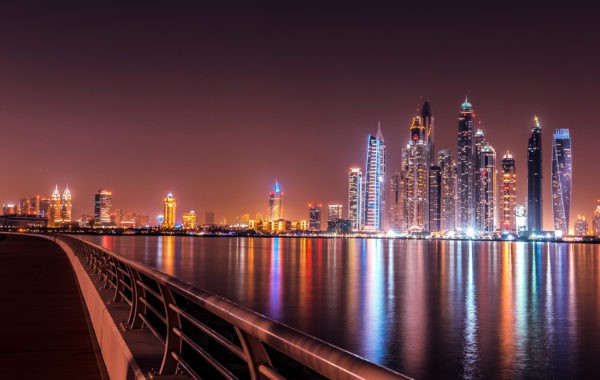Photo : Shutterstock
Today on World Oceans Day, here is a sneak peek into a report, The Future of Food from the Sea, that examines the current status and future potential of food production from the ocean and the opportunities for achieving the Sustainable Development Goal on Zero Hunger through ocean-based food and also lists 5 reasons on how food from the ocean plays a unique role in sustainable food security:
Climate change – many forms of aquatic foods from the ocean have lower greenhouse gas footprints compared with land-based animal-source foods.
Feed efficiency – compared with production systems for land-based animal-source foods, the production of marine-based foods is much more efficient when considering feed inputs, and some species cultivated in the ocean do not require feed inputs at all (i.e. unfed mariculture).
Production potential – unlike land-based food production, cultivating food from the sea is not limited by constraints such as land and water availability.
Nutrition – foods from the ocean provide multiple essential, highly bioavailable micronutrients: vitamins, minerals and long-chain omega-3 fatty acids which are not found in plant-source foods.
Accessibility – foods from the ocean are readily available to most coastal populations and are an affordable, nutritious and often preferred source of protein for many low-income coastal countries.

However, meeting the food production potential of the ocean will require major global policy shifts, including:
Reducing overfishing of wild fish stocks, which is driven by illegal fishing, capacity enhancing subsidies, a lack of alternative livelihoods, a lack of incentives to protect the underlying resources, poor local and institutional governance and suboptimal management; and
Sustainably expanding mariculture in a manner that minimises environmental and social impacts, including through the cultivation of unfed farmed species such as bivalves and seaweeds; and expand mariculture of species such as finfish and shrimp can contribute significantly to food production, but is challenged by dependence on fishmeal and fish oil as critical feed ingredients. This highlights the importance of identifying and scaling adequate feed alternatives
The Future of Food from the Sea was launched during the International Symposium on Fisheries Sustainability in Rome, Italy, recently, an event co-sponsored by the Food and Agriculture Organization of the United Nations (FAO) and WorldFish. Click to read the full report here.
First appeared on The Fish Tank

















